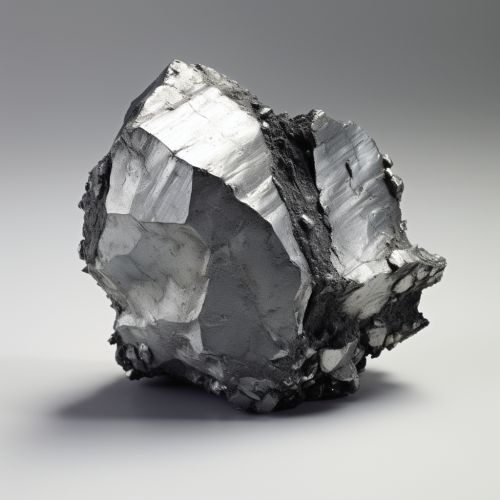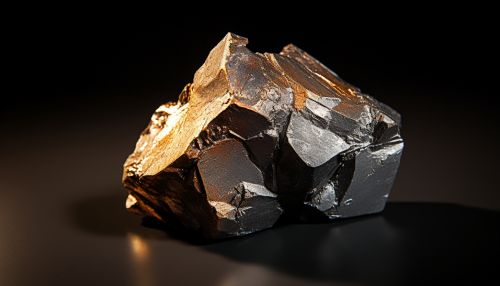Potassium
Overview
Potassium is a chemical element with the symbol K (from Neo-Latin kalium) and atomic number 19. It is a silvery-white metal that is soft enough to be cut with a knife with little force. Potassium metal reacts rapidly with atmospheric oxygen to form flaky white potassium peroxide in only seconds of exposure. It was first isolated from potash, the ashes of plants, from which its name derives.


Characteristics
Potassium is the seventh most abundant element on earth, comprising about 2.6% of the earth's crust. It is the third most abundant mineral in the human body and is a critical nutrient for plants. It is less dense than water and is a reactive metal. It reacts with water to produce hydrogen, a reaction that accelerates as the metal becomes finer. In normal conditions, potassium will react with water more slowly than does rubidium, which is placed under potassium in the periodic table.
Applications
Potassium has many applications to human and animal health, agriculture, and industry. It is used in agriculture to improve the quality and yield of crops. In industry, it is used in the manufacture of soap and glass, among other things. In medicine, potassium chloride is used to treat potassium deficiency and as a salt substitute.
Biological role
Potassium ions are essential for the function of all living cells. They are important in neuron (brain and nerve) function, and in influencing osmotic balance between cells and the interstitial fluid, with their distribution mediated in many animals by the so-called 'sodium-potassium pump'. Potassium is also an essential mineral needed to regulate water balance, blood pressure, and muscle contractions.
Potassium in diet
Potassium is an essential dietary mineral and electrolyte. The Dietary Guidelines for Americans recommend that adults consume at least 4,700 mg of potassium each day to maintain health. The main source of dietary potassium is fresh fruits and vegetables. Some other good sources of potassium are salmon, sardines, and other seafood; meat and poultry; and bread and other grain products.
Health effects
Potassium has been shown to help lower blood pressure and maintain a healthy heart. It also helps to reduce the risk of stroke. However, too much potassium can be harmful, especially in people with kidney disease. An overdose of potassium can cause hyperkalemia, leading to nausea, irregular heartbeat, and temporary paralysis.
